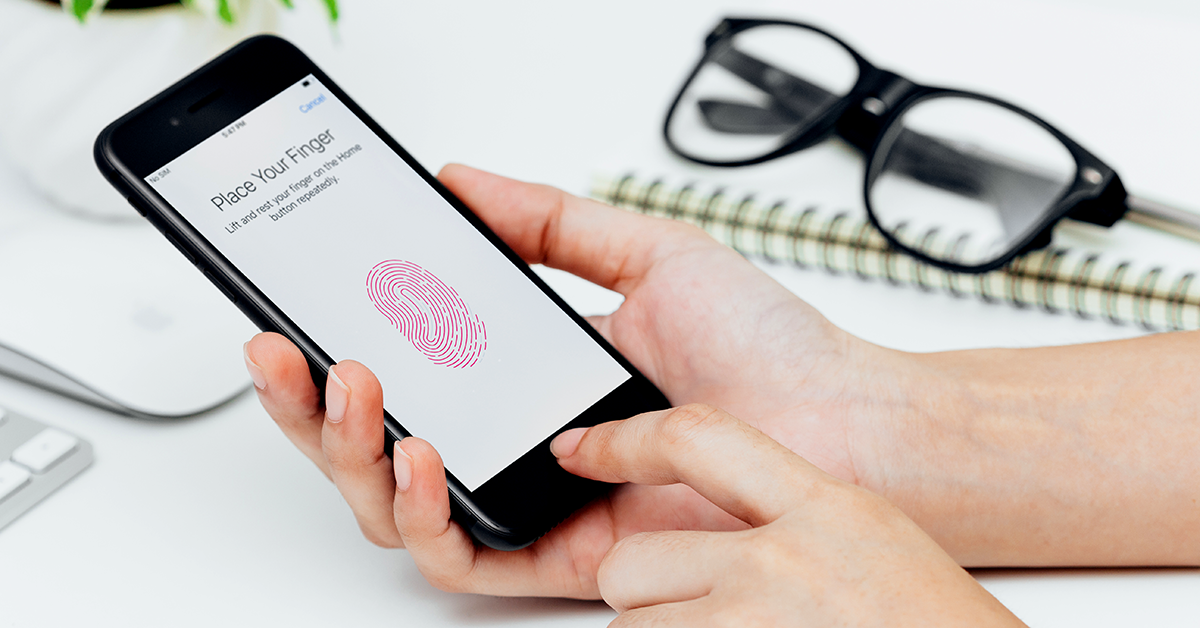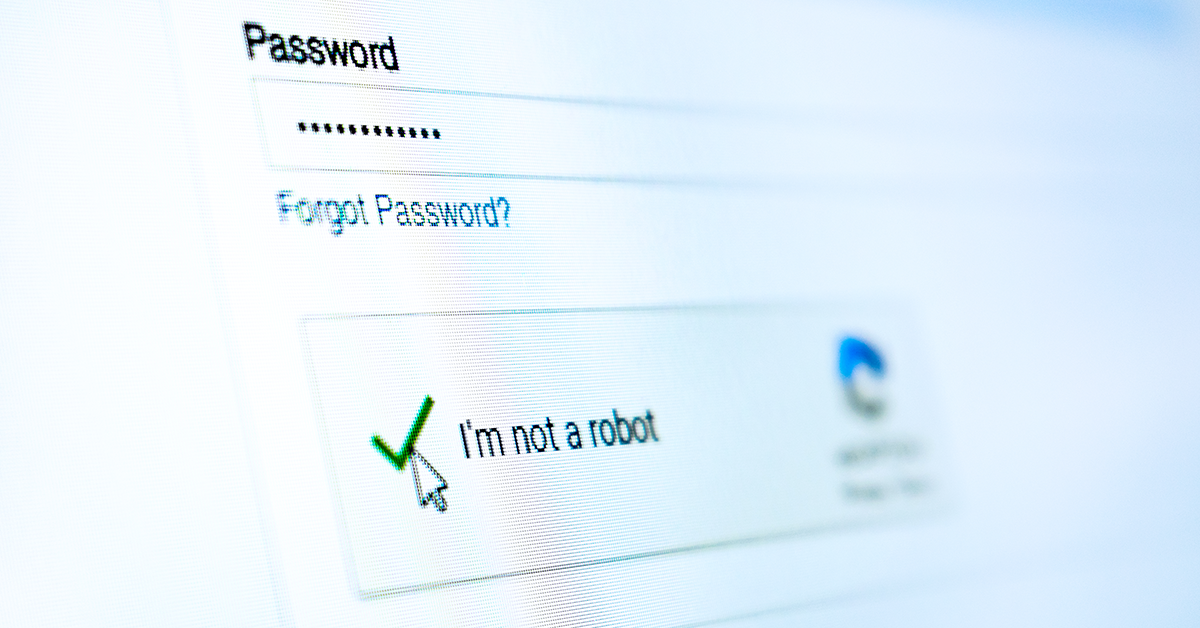Apple's Siri Privacy Settlement: What it means for user data protection
By Daniel Zinanti, Information Security Analyst, TraceSecurity
Apple has long positioned itself as a champion of user privacy, emphasizing security and data protection in its products and services. However, a recent $95 million settlement over allegations that Siri recorded conversations without user consent has raised concerns about the effectiveness of its privacy policies. This case marks a pivotal moment in the ongoing debate over corporate accountability in handling consumer data.
In this article, we will explore the background of the lawsuit, the implications for user privacy, and what this settlement means for the future of voice assistants and data protection.
The Background: How the Siri privacy issue unfolded
The controversy surrounding Apple's Siri began when reports surfaced that Apple contractors were reviewing audio recordings from Siri without explicit user consent. In 2019, a whistleblower revealed that Apple employed human reviewers to analyze Siri recordings, including those inadvertently triggered by background noise or mistaken voice commands. This raised alarms about the potential for capturing sensitive or private conversations, such as medical discussions, business negotiations, and personal matters.
The lawsuit claimed that Apple misled users into believing Siri only activated when they intentionally invoked it using the phrase "Hey Siri" or pressed a button. However, the allegations suggested that Siri was, at times, listening even without user intent, violating privacy rights. Plaintiffs argued that Apple had failed to obtain proper consent before collecting and analyzing voice data.
Apple initially responded by suspending the human review program and implementing a new policy that requires users to opt in to having their Siri recordings reviewed. However, this did not prevent legal action, and Apple ultimately agreed to a $95 million settlement to resolve the case.
Implications for User Privacy
The Siri privacy lawsuit and its settlement highlight several critical issues regarding user data protection:
1. Consent and Transparency in Data Collection
One of the primary concerns in this case was the lack of clear and informed consent. Users were under the impression that Siri only recorded interactions when intentionally activated. However, accidental activations meant that private conversations were sometimes captured and reviewed. The case highlights the importance of companies being transparent about their data collection practices. Clear communication and easy-to-understand privacy policies can help users make informed decisions about their data.
2. The Role of Voice Assistants in Privacy Risks
Voice assistants, including Siri, Alexa, and Google Assistant, have become deeply integrated into our daily lives. While they offer convenience, they also pose privacy risks. The ability of these AI-driven systems to continuously listen for activation commands creates potential vulnerabilities, especially if misused or mishandled by corporations. This settlement serves as a reminder that voice assistant technologies must be designed with privacy-first principles, ensuring users retain control over their recorded data.
3. The Need for Stronger Data Protection Laws
This case adds to growing pressure on regulators to establish stricter data privacy laws. In the U.S., laws such as the California Consumer Privacy Act (CCPA) and the General Data Protection Regulation (GDPR) in Europe already impose certain restrictions on how companies collect and use personal data. However, the Siri controversy demonstrates that even companies with strong privacy reputations can fall short of expectations. This case could lead to further regulatory scrutiny and potential updates to data privacy laws to address the evolving risks of voice-activated technology.
4. Accountability and Consumer Trust
Apple's response to the controversy was to enhance user controls, allowing users to opt out of having their Siri recordings reviewed. However, the lawsuit and subsequent settlement suggest that companies must go beyond reactive measures and proactively ensure that privacy safeguards are built into their technology from the outset. Trust is a cornerstone of customer loyalty, and tech companies that prioritize privacy will have a competitive advantage. The fallout from this lawsuit serves as a wake-up call for other tech giants that handle vast amounts of user data.
What This Settlement Means for the Future
The $95 million settlement not only resolves legal claims, but it also sets a precedent for how tech companies handle user data and respond to privacy concerns. Here are a few ways this case could impact the industry moving forward:
1. Increased Transparency from Tech Companies
Tech companies may now be more cautious in how they communicate their data collection practices. This could lead to more explicit user agreements, notifications about data usage, and more accessible privacy settings.
2. Stricter Regulations and Compliance Requirements
Regulators may push for stronger laws governing voice assistants and AI-powered data collection. Compliance requirements could include mandatory opt-ins, clear disclosures, and tighter security measures to prevent unauthorized access to audio recordings.
3. Greater Consumer Awareness and Demand for Privacy-First Features
Consumers are becoming increasingly aware of how their data is used. This settlement could lead to higher demand for privacy-first features, such as on-device processing for voice assistants, reduced data retention periods, and stronger encryption for voice recordings.
4. Industry-Wide Reforms in Voice Assistant Technology
Apple's case could set a precedent that influences how other companies manage their voice assistant programs. Competitors like Amazon and Google may implement similar privacy-focused updates to avoid similar legal challenges.
How Users Can Protect Their Privacy
While companies must take responsibility for safeguarding user data, individuals can also take proactive steps to protect their privacy:
Review Privacy Settings: Regularly check and adjust your device's privacy settings to control what data is collected and stored.
Opt-Out of Audio Review Programs: If given the option, disable human review of voice assistant recordings.
Manually Delete Voice History: Many voice assistant platforms enable users to periodically delete their interaction history.
Limit Always-On Listening Features: Consider disabling voice assistants when not in use or adjusting sensitivity settings to minimize accidental activations.
Apple’s $95 million Siri privacy settlement is a landmark case in the realm of data protection and corporate accountability. While the company has taken steps to address privacy concerns, this case underscores the ongoing challenges that tech companies face in striking a balance between innovation and user rights. The implications of this settlement extend beyond Apple, serving as a cautionary tale for other companies that handle sensitive user data. As regulators tighten their grip on privacy laws and consumers become more privacy-conscious, the tech industry will need to prioritize transparency, consent, and robust security measures to maintain public trust.
Connect with TraceSecurity to learn more.


